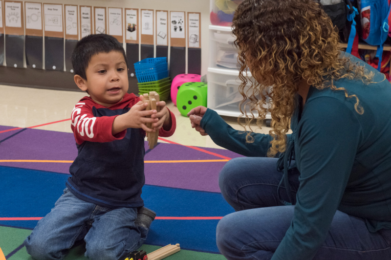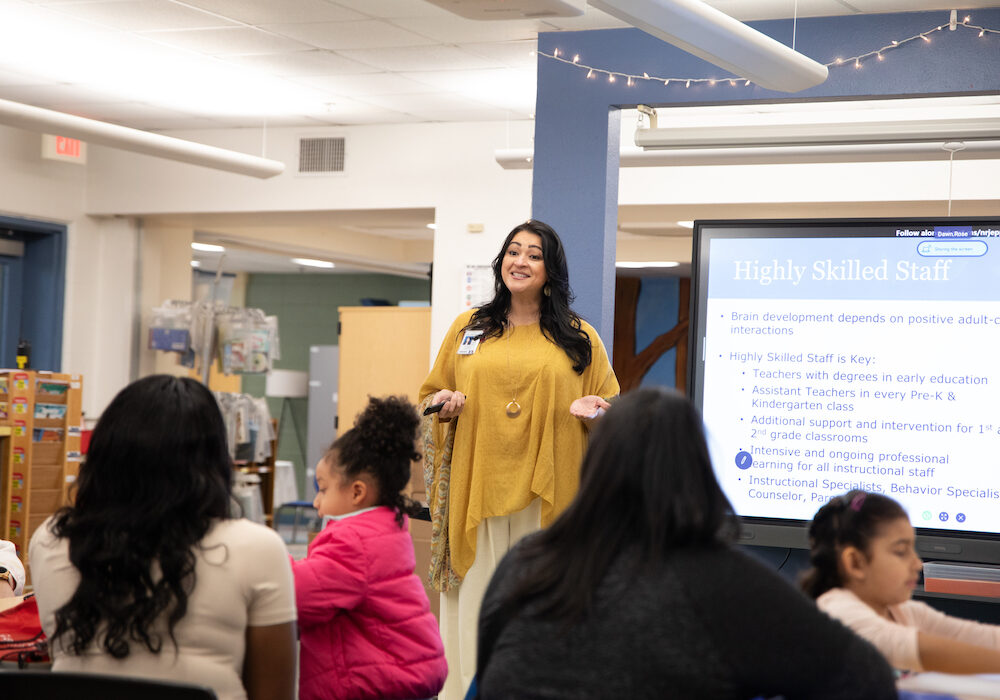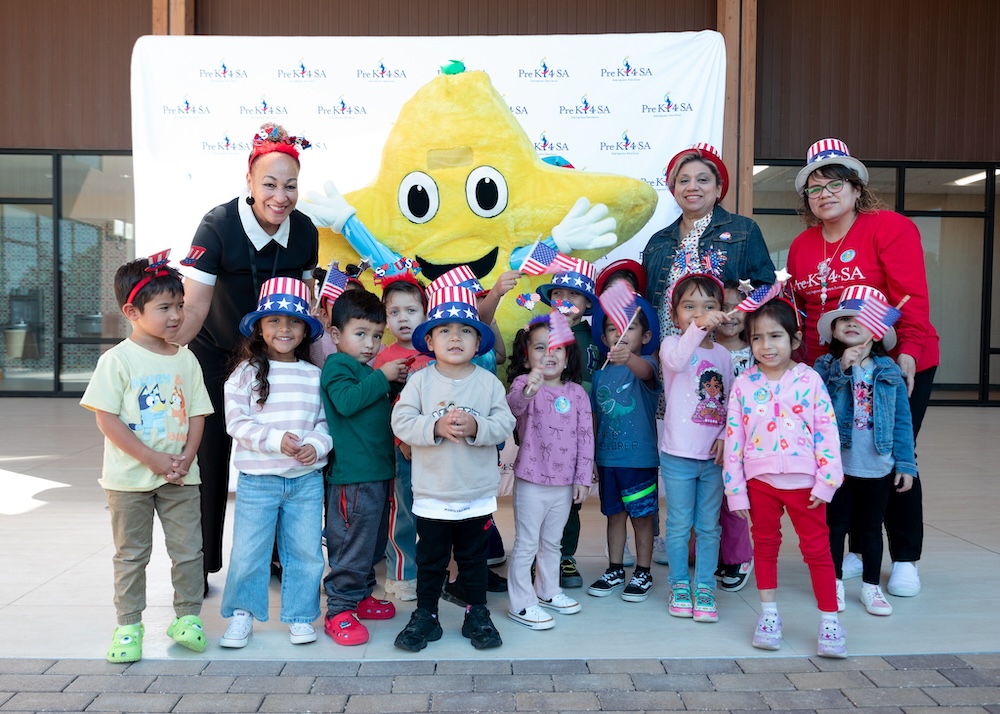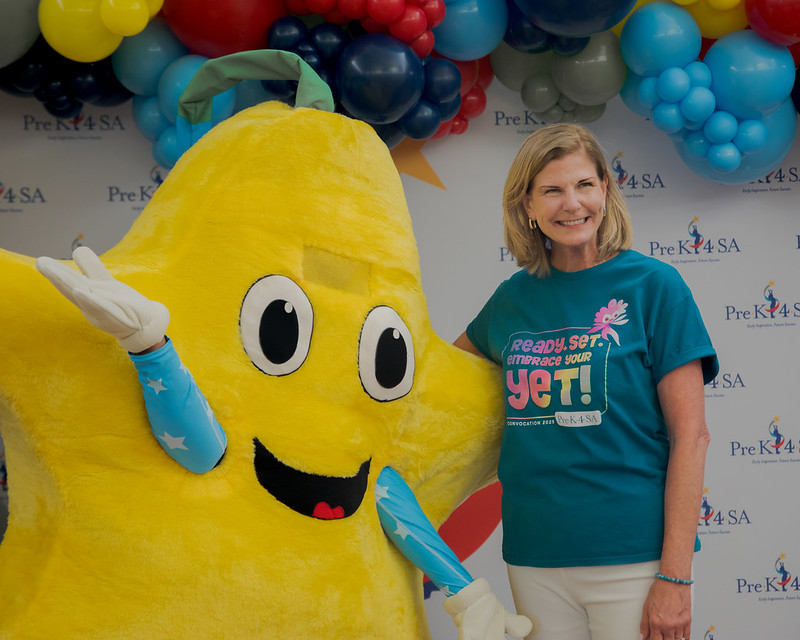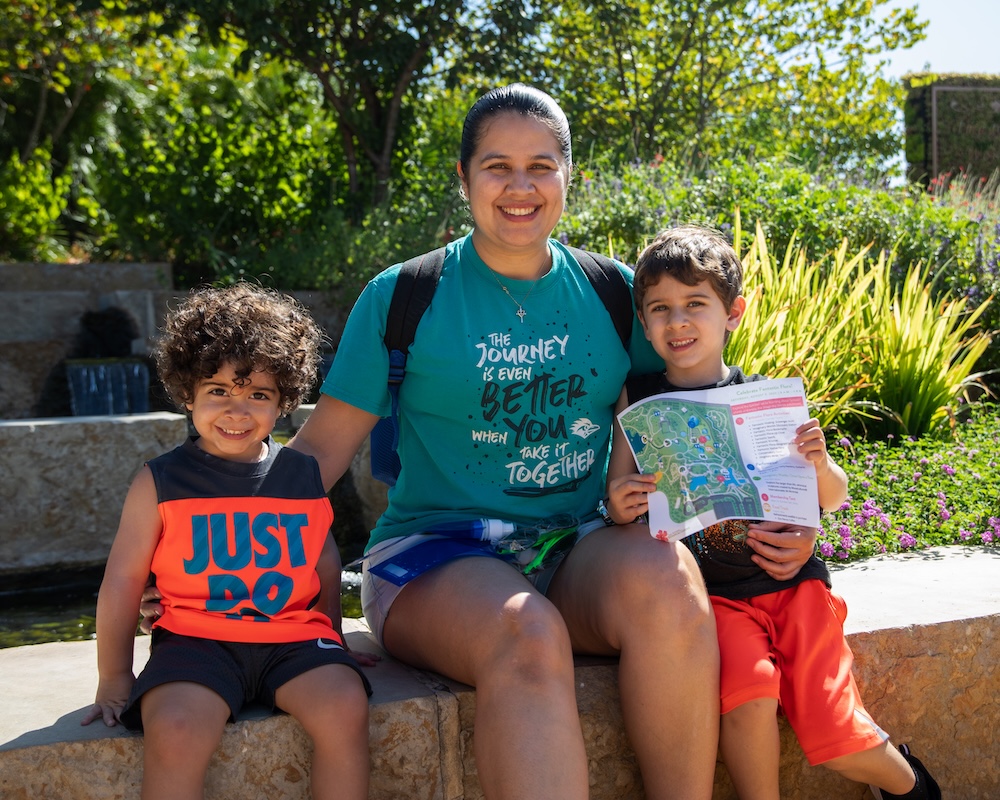The National Institute for Early Education Research (NIEER) at Rutgers University recently released its much-anticipated State of Preschool 2024 Yearbook. This annual report provides a comprehensive overview of public prekindergarten access, quality, and funding across all 50 states, Washington D.C., and U.S. territories. For Texas, this year’s findings are a mixed bag—offering both encouraging and troubling news.
On the positive side, Texas earns high marks for access, with more than half of the state’s 4-year-olds enrolled in public pre-K programs. This is no small feat in a state as large and diverse as ours. However, that achievement is overshadowed by persistently low ratings for both quality and funding. Texas meets only 2 of NIEER’s 10 quality standards, placing us among the lowest in the nation. Even more concerning, the state covers only one-third of the cost needed to deliver high-quality preschool—leaving districts to make up the difference or cut corners.
But amidst this statewide shortfall, San Antonio stands out as a beacon of progress.
Thanks to the bold vision of former Mayor Julián Castro and the Brainpower Taskforce—a coalition of business, civic, and education leaders—San Antonio launched Pre-K 4 SA in 2012. This innovative initiative was designed not only to increase access to preschool but to ensure it met the highest standards of quality. The impact has been transformative.

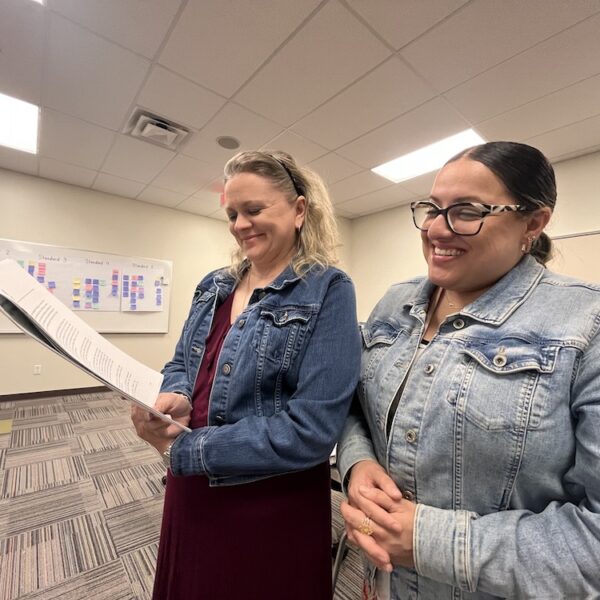
Each year, Pre-K 4 SA’s four model Education Centers serve 2,000 children, providing instruction that meets or exceeds national benchmarks for early learning. These centers act as both classrooms and innovation labs, continuously testing and refining practices that elevate the quality of early education across the city.
Beyond the walls of its schools, Pre-K 4 SA also leads the Early Learning Shared Services Alliance of San Antonio, a network that supports 94 child care and preschool providers serving an additional 4,500 children and families. Through professional learning, technical assistance, and grants, Pre-K 4 SA helps other providers reach higher standards—effectively raising the tide for early education citywide.
While Texas has much work to do to deliver on the promise of early learning for all children, San Antonio proves what’s possible when a city invests in its youngest residents. By ensuring access to high-quality pre-K during the years when 90% of brain development occurs, San Antonio is not just preparing children for school—it’s preparing the entire city for a stronger, more equitable future.
The takeaway? Statewide progress is important, but local leadership can be a game changer. As we advocate for better early learning outcomes across Texas, San Antonio’s model provides both inspiration and a roadmap.

Written by Sarah Baray, Ph.D., CEO of Pre-K 4 SA


